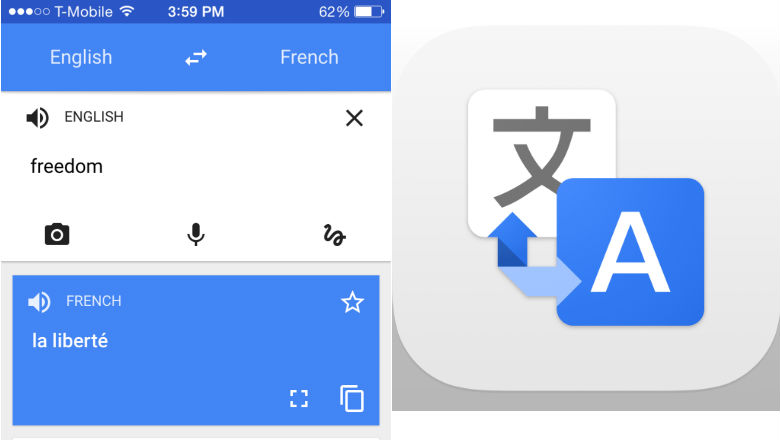

Translators can work in a variety of places and in many fields, including:
#Become an online translator how to
Related: How To Become an Interpreter (With Examples and Tips) Where do translators work? State court interpreter certification from the National Center for State Courts (NCSC): This certification is available for interpreters and translators who specialize in translating languages in court cases within specific states.
#Become an online translator professional
Many in this field pursue these common certifications:ĪTA Certified Translator certification from the American Translators Association (ATA): This certification requires people to pass an exam that focuses on source-language text, techniques for translating languages and writing.Ĭertified medical interpreter (CMI) certification from the National Board of Certification for Medical Interpreters (NBCMI): This certification requires professional translators and interpreters to pass a written and oral exam to demonstrate competence in the language of their choice that's specific to the medical field.

You can earn certifications by completing certification courses or by taking and passing exams. Pursue certificationĬonsider pursuing certification as a translator instead of earning a degree. Related: 7 Professional Translation Certifications (With Tips) 4. Some training courses also give certifications to participants upon their completion of a course. Many organizations offer translator training courses as part of non-degree programs. You can also take training courses to prepare you for a career in translation. Having experience may also help you network with others in the field, which can be helpful for finding future employment opportunities. You can get experience as a translator by participating in internships or volunteering to use your translation skills at local charities, organizations, events and schools. Gaining experience can help you become a translator without a degree because you can spend time in the field, build new skills and develop your knowledge. Related: Resume for Translation Jobs: How-To Guide With Example 2. If you're planning to be a translator in a specific location, you may also want to become fluent in the local dialect.

Whatever language you choose to become fluent in, try to develop a solid understanding of all aspects of that language, including its terminology, grammatical structure and culture. You can do this by studying the language on your own, taking classes or having a tutor. It's necessary to master a second language prior to becoming a professional translator.

You can become a translator without a degree through a variety of methods. Related: What Is the Job of a Translator (And How To Become One)? How can I become a translator without a degree? At a minimum, professional language translators have a high school diploma or General Educational Development (GED) credential. Typically, employers don't require a formal degree in the language or languages you desire to translate, though some employers or clients may prefer it. You can become a translator without a degree. Can I become a translator without a degree? In this article, we answer frequently asked questions about becoming a language translator without a degree, including some about the work environment and salary. If you'd like to become a language translator without obtaining a degree, it's helpful to learn the steps for achieving this goal. Working in language translation can be a fulfilling career path, especially for those interested in working in a variety of industries and collaborating with people from around the world. Translators are experts in written and oral communication who convert one language to another.


 0 kommentar(er)
0 kommentar(er)
